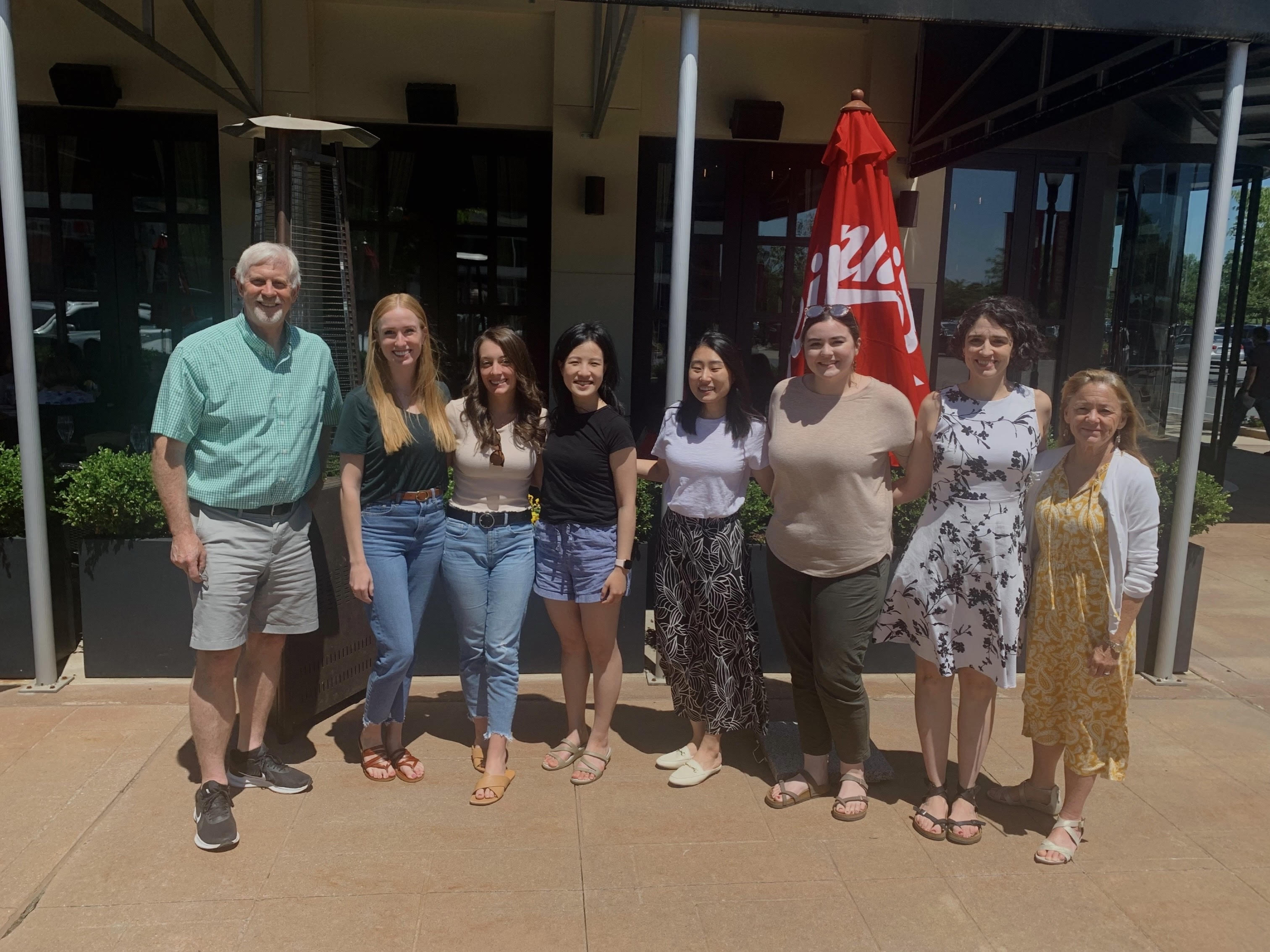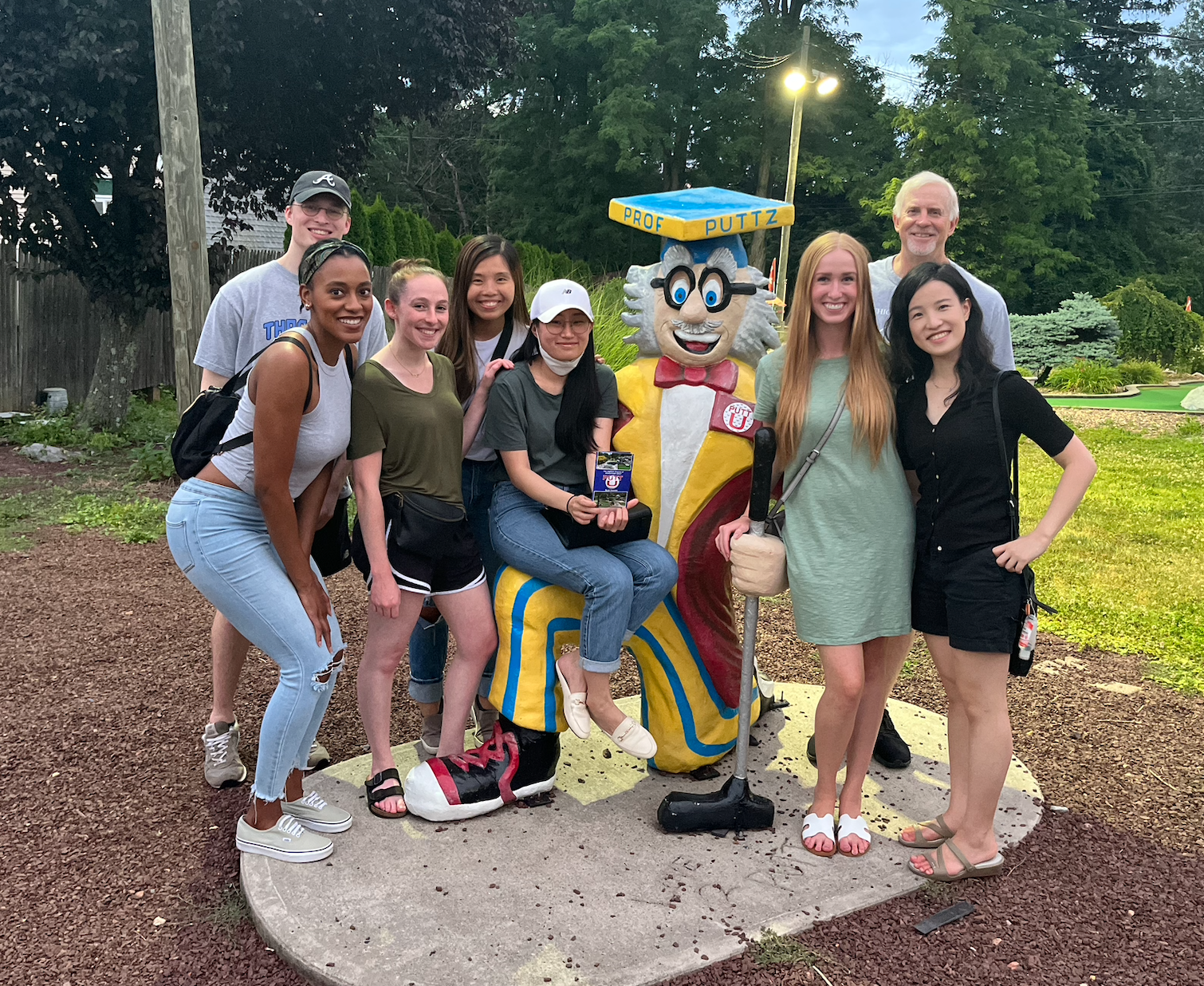Current Projects
 CORE
CORE
The Collaborative Research Opportunity (CORE) grant extends our previous work on Promoting Engagement with ADHD Pre-Kindergarteners (PEAK). The CORE project is examining the use of immersive virtual reality to augment an evidence-based behavioral parent training treatment for ADHD. This project also aims to enhance behavioral parent training outcomes by incorporating optimistic parent training. Specific goals included improving parental strategy implementation frequency and accuracy, increasing the maintenance over time and generalization of skills across settings, alleviating parent stress, and reducing children’s ADHD related symptoms
 PEAK
PEAK
Promoting Engagement with ADHD Pre-Kindergarteners (Project PEAK)- is an early intervention family education program that targets the behavioral challenges of young children (age 3-5) exhibiting early symptoms of attention-deficit/
We are currently recruiting for PEAK! Please check out our PEAK website and/or check out our YouTube channel to learn more.
BEST
The Bridges to Educational Success for Teens (BEST) Project- is a multi-component school-based intervention for high schoolers with attention-deficit/ hyperactivity disorder (ADHD). An extension of the Challenging Horizons Program (CHP) for middle-school students, BEST aims to evaluate the efficacy of individual coaching, organizational and study skills building, parent education, and interpersonal skills groups on the academic, behavioral, and social functioning of older adolescents with ADHD. BEST is funded by the Institute of Education Sciences (IES) and is a collaboration with the Center for Intervention Research in Schools at Ohio University.
TRAC
The TRAC (Trajectories of ADHD in College) Project was an NIH-funded, four year longitudinal study mapping the trajectory of college students with and without ADHD across four years of college. As a partnership between Lehigh University, UNC-Greensboro, and URI, participants were from ten universities across the North East region of the US. Participants were each assessed one time per year for four years on factors including but not limited to psychological functioning, academic achievement, and socioemotional functioning. Purposes of the study included understanding the experiences of college students with ADHD compared to their non-ADHD peers, while also examining performance over time.
Telepresence
The Telepresence project started in 2019 and aims to explore the effectiveness and impact of telepresence (mobile) robots for students unable to physically attend their classes. We are looking at peer interactions, academic engagement and performance, as well as physiological functioning when compared to traditional video conferencing methods (immobile) of joining classrooms. Local students who are chronically ill, are enrolled in cyber courses, or for scheduling purposes can not attend their regular classrooms are eligible for enrollment in this study.

